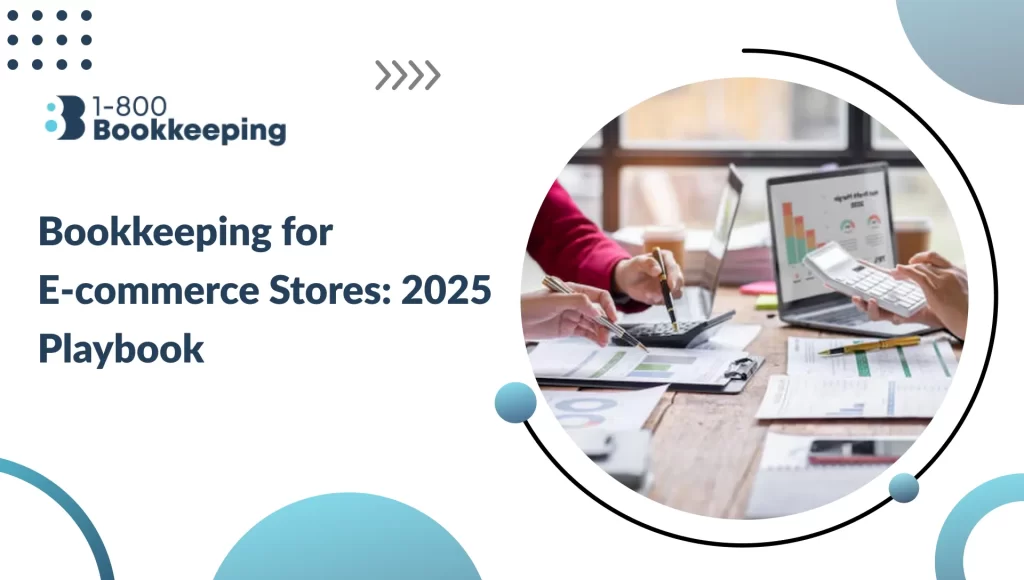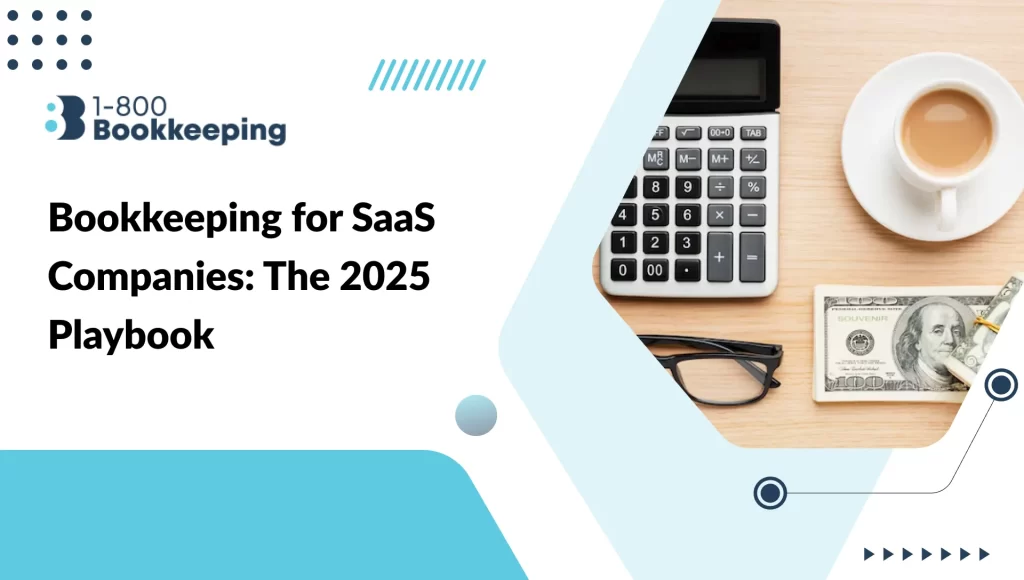Bookkeeping is one of the cornerstones of a successful small business. It might not be the most glamorous part of running a business, but it’s essential. Understanding how to manage your books can help you stay on top of your finances, make informed decisions, and ultimately grow your business. Let’s dive into the world of bookkeeping to help your business thrive.
What is Bookkeeping?
Bookkeeping involves tracking all financial transactions in a business. It ensures that every sale, purchase, and expense is recorded. Without a solid bookkeeping process, a small business owner risks mismanaging finances and missing critical opportunities to save money or reinvest in the business.
Understanding bookkeeping basics is crucial for small business owners. It’s not just about compliance or meeting legal requirements; it’s about gaining a clear view of your business’s financial health.
Types of Bookkeeping Systems
Small businesses can use two main bookkeeping systems: single-entry and double-entry.
- Single-entry bookkeeping:
This system is simple and commonly used by sole proprietors or small businesses with minimal transactions. It records all transactions in a single ledger, showing income and expenses. - Double-entry bookkeeping:
This more sophisticated method involves recording each transaction twice, as a debit and a credit, in two separate accounts. It’s essential for larger businesses or those planning to grow, as it provides a more complete and accurate financial picture.
Both systems require the same basic information: dates of transactions, descriptions, amounts, and the nature of the transaction (expense or income).
How 1-800 Bookkeeping Simplifies Small Business Finances
When running a small business, the importance of reliable bookkeeping services can’t be overstated. That’s where 1-800 Bookkeeping comes in. We offer a comprehensive solution tailored to business owners who need to focus on growth without getting bogged down by day-to-day financial tasks. From monthly bookkeeping to tax preparation, our automated processes allow you to streamline operations while ensuring your finances are in expert hands. Whether you’re catching up on overdue tasks or looking for ongoing support, our team provides detailed financial insights, helping you make informed business decisions.
With 1-800 Bookkeeping, you get more than standard bookkeeping; you get a partner committed to helping your business thrive by saving time, maximizing returns, and reducing the hassle of financial management. Our U.S.-based support team is always available, making it easier to stay on top of your financial health and maintain peace of mind.
Delegating your bookkeeping to professionals is one of the best decisions you can make as a small business owner. Visit 1-800 Bookkeeping to see how our services can transform your financial management today.
How to Do Bookkeeping for a Small Business
Running a small business involves juggling many tasks, and bookkeeping is one such task that you cannot ignore. Here’s a step-by-step guide to doing bookkeeping that works for any small business owner:
Step 1: Separate Business and Personal Finances
The first and most important bookkeeping step is to separate your business and personal finances. Mixing them will confuse and could lead to costly mistakes when tax season arrives.
Step 2: Set Up a Bookkeeping System
You can choose between hiring a bookkeeper, using accounting software like QuickBooks, or managing the books yourself. Each option has pros and cons, depending on your business size and complexity.
Step 3: Record Every Transaction
It’s important to keep a record of all transactions, including every sale, purchase, and expense, no matter how small. Save receipts and document all payments made or received. Consider using cloud-based bookkeeping software to automate and streamline this process.
Step 4: Reconcile Your Accounts
Reconciling involves checking your recorded transactions against your bank statements to ensure no discrepancies. This can help catch errors or omissions and give you a clear picture of your cash flow.
Step 5: Prepare Financial Statements
Monthly or quarterly, prepare financial statements, including the profit and loss statement, balance sheet, and cash flow statement. These reports provide crucial insights into your business’s performance.
Step 6: Pay Attention to Tax Deadlines
As a small business, you must know federal, state, and local tax deadlines. Stay organized with your receipts and financial statements to ensure you file accurately and on time.
Why Bookkeeping Is Important for Small Businesses
Bookkeeping isn’t just a financial task; it’s a strategy. Here’s why bookkeeping is essential for small businesses:
- Compliance:
Bookkeeping ensures your business complies with legal obligations. You risk facing penalties or fines from the IRS or state tax authorities without proper records. - Informed Decision Making:
Accurate bookkeeping gives you access to detailed financial information. With solid data, you can make better decisions about hiring, budgeting, and expansion. - Cash Flow Management:
Knowing where your money is coming from and where it’s going allows you to manage cash flow more effectively. This is especially critical for small businesses, where cash flow issues are common. - Attracting Investors:
If you’re seeking external funding, investors will want to see your books to understand how you manage your finances. Good bookkeeping can make or break your chances of securing investment. - Stress-Free Tax Filing:
Keeping detailed, up-to-date records simplifies tax filing. You won’t be scrambling to find receipts or figure out expenses. Accurate bookkeeping also helps you claim all eligible deductions.
Bookkeeping vs. Accounting
While bookkeeping and accounting are closely related, they are not the same. It’s important to understand the difference:
Bookkeeping:
- Involves recording all financial transactions in your business.
- Provides raw financial data that can be used for reporting.
- Is often handled by bookkeepers or software designed to automate the process.
Accounting:
- Takes the data provided by bookkeeping and analyzes it.
- Involves preparing financial statements, tax returns, and reports.
- Is typically handled by accountants who interpret and strategize based on the information.
While bookkeeping focuses on the day-to-day financials, accounting provides the bigger picture that helps drive business growth. Small business owners often start by handling bookkeeping but eventually hire an accountant to handle more complex financial tasks.
Common Bookkeeping Mistakes to Avoid
Small business owners often make avoidable bookkeeping mistakes. Here are some of the most common:
- Not Staying Organized:
Failing to organize receipts, invoices, and financial documents can lead to confusion and inaccuracies. - Forgetting to Track Cash Transactions:
Many businesses operate with cash, but these transactions must be tracked as carefully as digital payments. - Neglecting to Reconcile Bank Statements:
Regularly reconciling your bank account helps ensure no discrepancies between your records and financial situation. - Missing Tax Deadlines:
Late tax filings can result in penalties. A good bookkeeping system ensures that taxes are filed on time and accurately. - Mixing Personal and Business Finances:
This can lead to clarity and help track your business’s financial health.
DIY Bookkeeping vs. Hiring a Professional
If you’re starting, you might wonder whether to do your bookkeeping or hire a professional. Here’s a quick breakdown of each option:
DIY Bookkeeping:
- Pros: It’s cheaper, and you have full control. Ideal for small, straightforward businesses with few transactions.
- Cons: It can be time-consuming and prone to errors if you’re unfamiliar with accounting principles.
Hiring a Professional:
- Pros: A professional bookkeeper can handle your records efficiently and help you avoid costly mistakes. It’s a great option as your business grows and bookkeeping becomes more complex.
- Cons: It’s an additional cost that might not be necessary for small businesses.
In Conclusion
Effective bookkeeping is the backbone of a thriving small business. Whether you’re just starting or are already growing, keeping accurate records helps you understand your finances and make smarter decisions. If you’re ready to take control of your business’s financial future, consider exploring bookkeeping tools or hiring a professional to help you stay organized and compliant. Don’t wait—start today! Accurate bookkeeping can open the door to better financial management and long-term success.
Feeling Overwhelmed by Bookkeeping? We Can Help.
Running a business is demanding, and keeping track of your finances can be a never-ending chore. Many business owners need help with the complexities of bookkeeping, which can leave them frustrated and behind.
1-800 Bookkeeping offers expert services to streamline your financial processes and empower you to make informed decisions.
Our team of seasoned professionals understands the unique challenges businesses of all sizes face. We can help you:
- Free Up Valuable Time: Offload your bookkeeping tasks to our dedicated professionals.
- Gain Peace of Mind: Ensure your financial records are accurate and up-to-date.
- Make Smarter Decisions: Get actionable insights into your business performance through clear and concise reports.
- Feel Confident: Make informed financial decisions based on reliable data.
Don’t let bookkeeping hold you back from achieving your business goals. Contact 1-800 Bookkeeping today for affordable bookkeeping solutions.
FAQs
1. Do I need bookkeeping software for my small business?
You don’t necessarily need software, but it can make the process easier and more accurate. Most small businesses benefit from bookkeeping tools, as they automate many tedious tasks.
2. How often should I update my books?
Ideally, you should update your books at least once weekly to ensure accuracy and keep up with your financial records.
3. Can I do my bookkeeping myself?
Many small business owners do their bookkeeping themselves, especially when starting. As your business grows, however, consider hiring a professional.
4. What’s the difference between bookkeeping and accounting?
Bookkeeping involves recording transactions, while accounting involves analyzing and interpreting that data to create reports and financial statements.
5. How much does it cost to hire a bookkeeper?
The cost of hiring a bookkeeper varies depending on the size and complexity of your business. On average, small businesses pay between $300 and $2,000 monthly for bookkeeping services.





